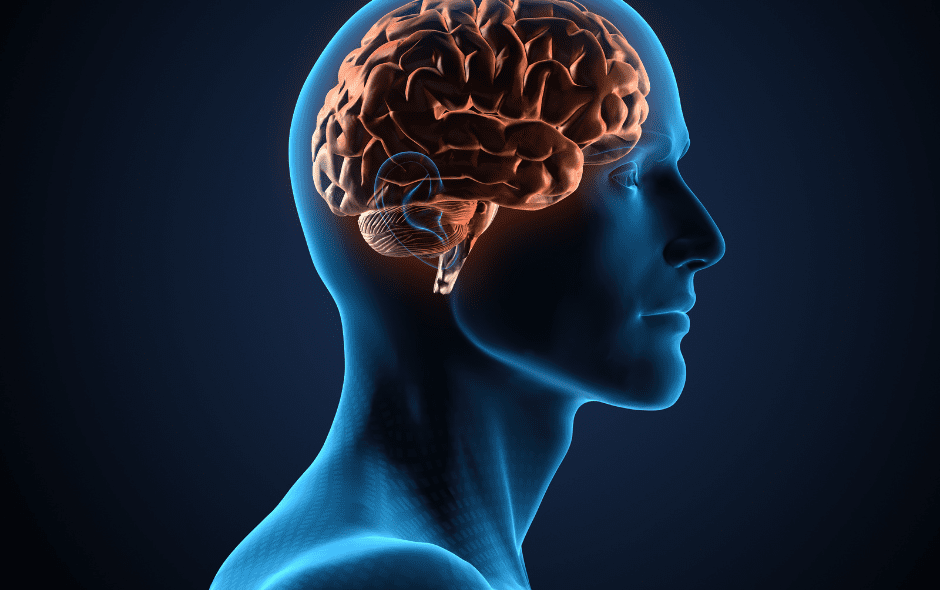Our Communications Officer, David Coates, looks at five frequently asked questions about epilepsy that we receive via our freephone helpline.
It’s never easy being given a diagnosis of epilepsy. Like everything else, you will need time to process the information.
You may also have lots of questions about epilepsy and what your new diagnosis means for you.
Below we have come up with answers and helpful information to five frequently asked questions we receive via our helpline.
If you have a question or are looking for more information about epilepsy, please call our freephone helpline on 0808 800 2200 or email contact@epilepsyscotland.org.uk
What can I do to manage my epilepsy?
The biggest thing you can do to help manage your epilepsy is to take your anti-seizure medication as prescribed.
Get into a routine, set a mobile phone alarm or use an electronic pill box which can be set to send you an alarm reminder.
Keep a seizure diary. This will help you identify possible triggers. Start by recording any seizure you have and anything that happened in the run-up to the seizure.
Establish a good sleep routine. A lack of sleep or tiredness is one of the biggest seizure triggers.
Avoid caffeine in the evening, give your brain some time to switch off after watching television and switch off electronic devices an hour before you go to bed.
More information on how you can manage your epilepsy can be found here.
Why is my memory so bad at the moment?
When you have a seizure, your memory gets interrupted. This means that you may not be able to remember what happened before the seizure.
You may also find it difficult to remember any information given to you immediately after a seizure.
People with epilepsy often have some difficulty with their short-term memory. Memory often improves when your seizures are better controlled.
Will I ever be able to drive again?
Having epilepsy does not mean you will never be able to drive.
As soon as you have been seizure free for one full year and your doctor agrees that you are safe to drive again, you can reapply for a driver’s licence.
You can apply to the DVLA up to eight weeks before you are due to get your licence back.
More information can be found in our epilepsy and driving factsheet.
What jobs will I be able to do?
This can be a difficult question to answer because it depends on your own epilepsy, as epilepsy can affect every person in a different way.
If you have had a seizure after the age of five, you can’t join the Armed Forces.
There will be other professions which may be off limits to anyone who has seizures, such as train drivers or pilots.
It is best to avoid jobs which involve working at heights, with machinery or on open water.
But there are plenty of jobs anyone with epilepsy can do safely and effectively. Don’t let epilepsy dampen your dreams.
Can I still be active?
Yes, you can! In fact, staying active and exercising is good for you.
If you feel healthier in general, this may make you feel better about your epilepsy or reduce your seizures.
There are some sports and activities you may need to think a bit more carefully about before you do them.
Your epilepsy specialist nurse can give you more information on what is safe for you.
For example, if you love swimming, speak to the lifeguard and let them know you have epilepsy so they can keep an eye on you.
Or you may want to swim with someone who can keep you safe if you have a seizure in the swimming pool.
Whatever, your favourite activity or sport is, speak to someone, find out how you can make it safe, then go for it.




